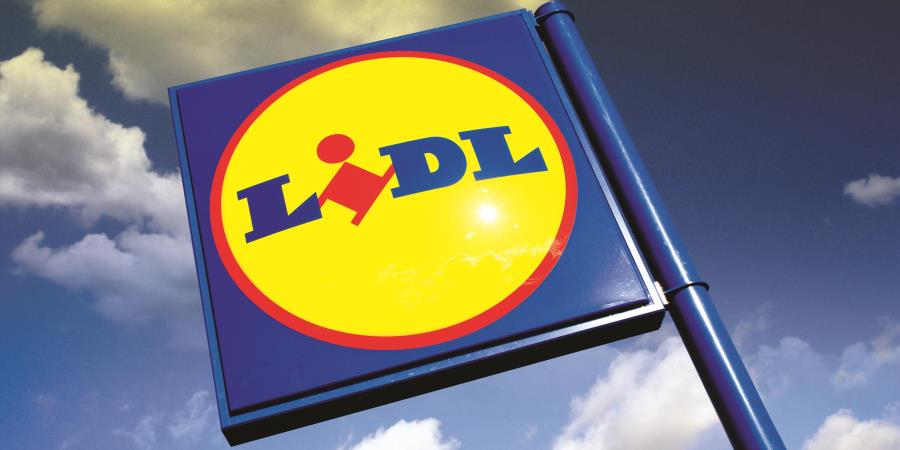Lidl Germany has announced it will ‘align’ the prices of its plant based own-brand Vemondo with comparable meat products to ensure “equality on the plate”.
The Lidl own vegan brand Vemondo was introduced to stores in 2020. It now consists of 650 products, which can be found in over 3,250 Lidl branches in the “immediate vicinity of their animal counterparts”.
Lidl Germany has stated that it is convinced “conscious and sustainable consumption” can only be widespread if the diet that supports it is affordable and more easily accessible for everyone.
The retailer has based this change in plant based prices on the findings of EAT-Lancet’s Planetary Health Diet, expanding its plant based range and maintaining “transparency regarding the proportions of animal and plant based protein sources”.
According to a survey by the Federal Association of the German Food Trade (BVLH), more people in Germany are following a “flexitarian” diet. Of those surveyed, 41% said they were flexitarians and only occasionally eat meat, and 43% said they would buy more plant based foods if they were offered at a cheaper price.
Christoph Graf, managing director of Products at Lidl Service GmbH and Co. KG said: “By adjusting the price of our Vemondo products, we would like to increasingly invite customers to try out the plant based alternatives – without the price being the decisive criterion.
“Only if we enable our customers to make ever more conscious and sustainable purchasing decisions and fair choices can we help shape the transformation to sustainable nutrition. For us, this also includes remaining in active dialogue with our partners in German agriculture and continually developing our animal range in terms of transparency and husbandry methods.”
Lidl Germany has set a goal to increase the proportion of plant based protein sources in Germany, including legumes, nuts and seeds as well as vegan alternative products for meat, eggs and fish products, to 20% by 2030. It aims to increase the proportion of alternative dairy products in Germany by 10%. The company has stated it “is interested in and will advocate for a cross-industry methodology for calculating protein ratios.”









